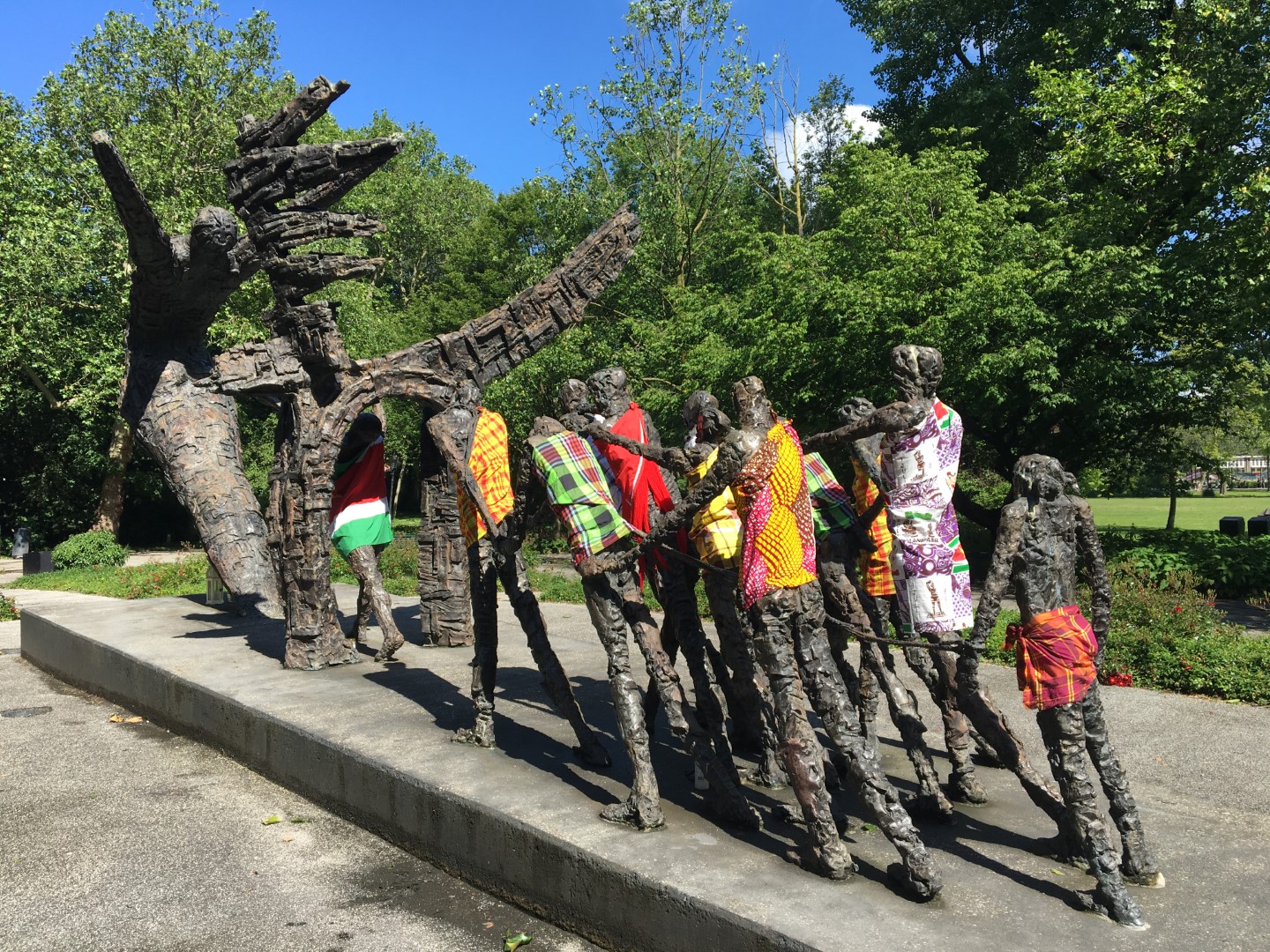Dutch royals earned €545 million from slavery and colonialism

The Dutch royal family played an important role in slavery, exploitation and forced labour during the Netherlands’ “golden age”, and earned some €500 million in the process, according to new research commissioned by the home affairs ministry.
Some 30 academics and historians have contributed to the book Staat en slavernij which was carried out following a parliamentary motion in 2021.
In particular, historian Raymund Schütz has analysed the profits made by stadhouders Willem III, IV and V during the period 1675-1770 from their roles as princes in the republic and the trading companies Vereenigde Oostindische Compagnie (VOC) and West-Indische Compagnie (WIC).
Schütz found that not much research had been done into the Dutch royals’ income from colonialism because of the secrecy and because much administration has been lost.
However, the Oranjes arranged that they be given 1/33 of the profit made by the VOC without any investment, generating a 25,000 guilder payout for Willem III in 1700, the equivalent today of some €4.5 million, Schütz told the AD.
He estimates the three princes were given a total of over two million guilders in dividends by the VOC, or some €360 million by today’s standards.
But they also earned money via other sources, such as the €46 million from the opium trade via the trade society Amphioensociëteit. And the family was also entitled to a percentage of the bounty when VOC and WIC ships captured others.
“Based on this, we can establish that the Oranjes earned 3.04 million guilders in colonial profits,” Schütz told the paper. “By current values, that would be €545 million.”
The Oranjes also earned a sizeable income from their military and political roles, which Schütz put at a further €502 million. “It is important to include this regular income as well because of the stadhouder’s role in taking decisions relating to national international politics and war,” the historian said.
Home affairs minister Hanke Bruins Slot told MPs in a briefing that the research sketches a “confrontational and extremely painful picture”
Local government, churches, trading companies and other companies played an important role “via the state”, she said. “This is a story that should have been told sooner.” The government formally apologised for the state’s role in slavery last year.

The government is commissioning further research and is talking to campaign groups and academics about what form this should take, the minister said.
Apology
At the end of last year, king Willem-Alexander ordered a complete review of the role of his forebearers and the royal house in colonialism. And in November, it was announced that the royal family’s collection of colonial era artifacts is to be checked over by experts to make sure none of it was stolen or taken by force.
The king and queen are “very much behind” this independent research which is “essential to answer questions about the legality of the management of the objects,” the foundation said at the time.
The royal family has also stopped using a ceremonial golden coach which has repeatedly come under fire for a painted panel that depicts scenes of colonialism.
This year the king is due to attend Keti Koti, the annual commemorations to mark the formal end of slavery, on July 1 and is widely expected to make a formal apology. In 2023 it will 150 years since slavery was finally abolished in the Netherlands.
Thank you for donating to DutchNews.nl.
We could not provide the Dutch News service, and keep it free of charge, without the generous support of our readers. Your donations allow us to report on issues you tell us matter, and provide you with a summary of the most important Dutch news each day.
Make a donation